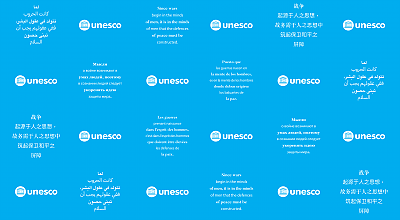
A community-led initiative for the preservation of the satini*, a tasty food preparation in the process of marginalisation in the Mauritian society
In the context of the celebration of the International Day of Intangible Cultural Heritage, Abaim will host an activity at the premises of its centre on the evening of Friday 31st October 2025.
The activity will target children, youngsters, differently-abled persons and their parents. The whole Mauritian population will be exposed to this activity through the traditional and social media.
The activity will be a community-led initiative that will help preserve one crucial food element of ICH in the intercultural Mauritian society. This low-cost or no-cost food preparation known as satini, is prepared in a diversity of ways drawing on the cultural heritage of our country. It has however been marginalised with the advent of modernity and fast food. Conversations with children and youngsters clearly shows the extent to which new generations may lose track and trace of a number of these preparations if nothing is done.
This inclusive intergenerational participation and contribution will bring together culinary skills that have been transmitted all through our history but are now clearly showing signs of struggling to thrive well. This will allow for lively documentation extending to co-creations in the form of poems, songs, riddles and storytelling.
It is expected that there will be wide media coverage for this event.
We are expecting a contribution of the Mauritian diaspora which has remained very sensitive to the issue of preservation of Mauritian cultural heritage with a worldwide perspective. This will be facilitated with the use of digital technology.
- Mostly served as a side condiment in today’s cuisine, it used to be a major element in the meals of the poor in olden times. Raw in general but cooked sometimes and spicy to taste, it draws on the virtues of plants, greens and herbs that have in hindsight contributed to the survival and healthy growth of our hard-working ancestors providing them with vitamins, minerals and fibre.
Programme
Satini, as an Intangible Cultural Heritage of Mauritian Culture
- 17.30 – 18.30: Presentation, Description and Tasting
- 19.00 – 20.00: Co-creation with sirandann, poems, music, storytelling
- 20.00 – 21.00: Table manners on Food with satini